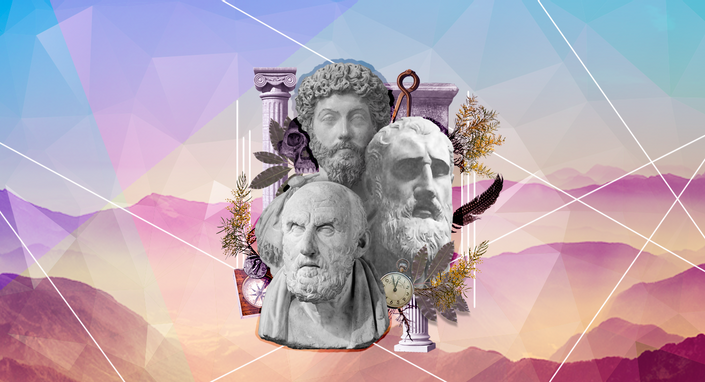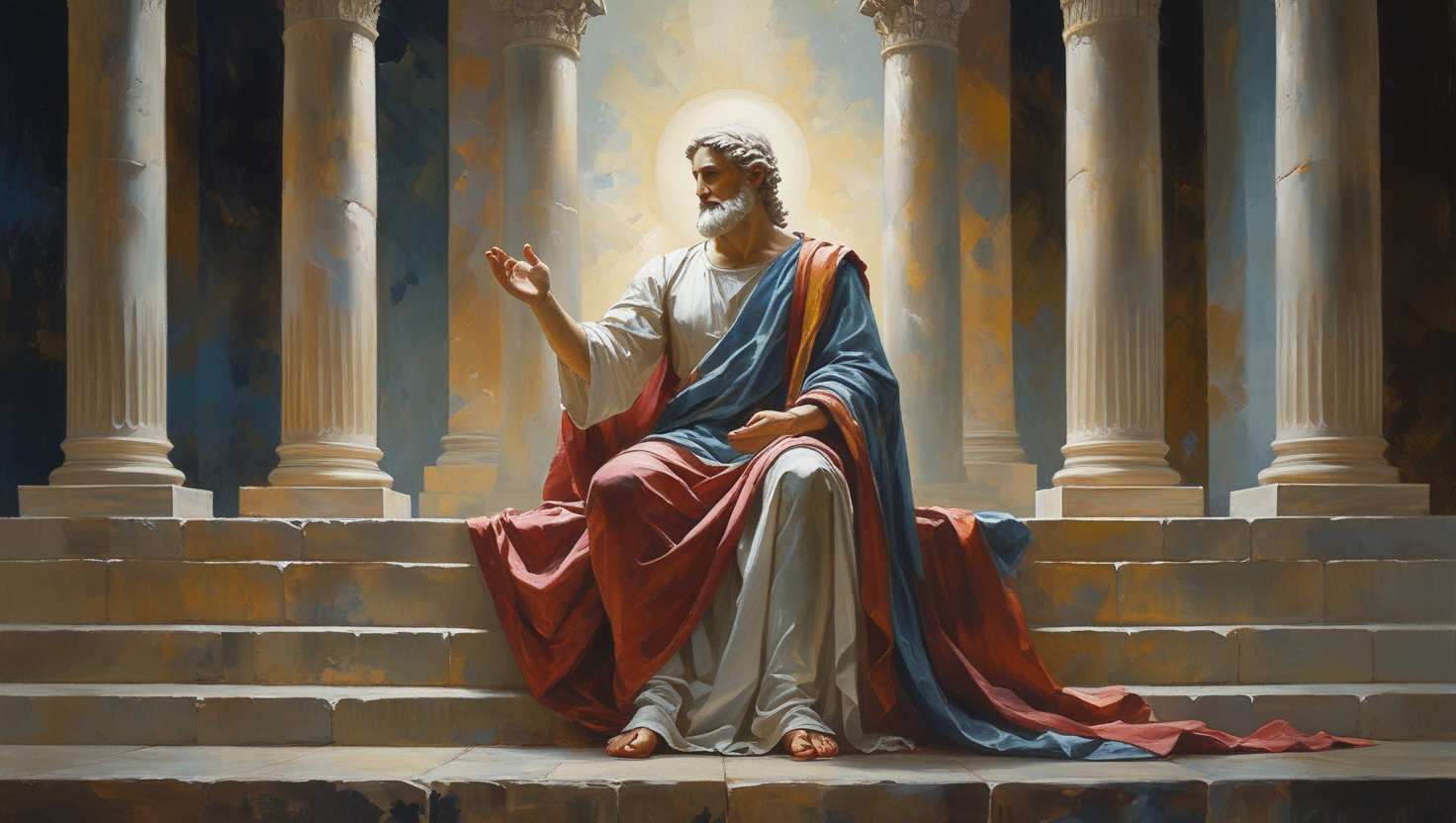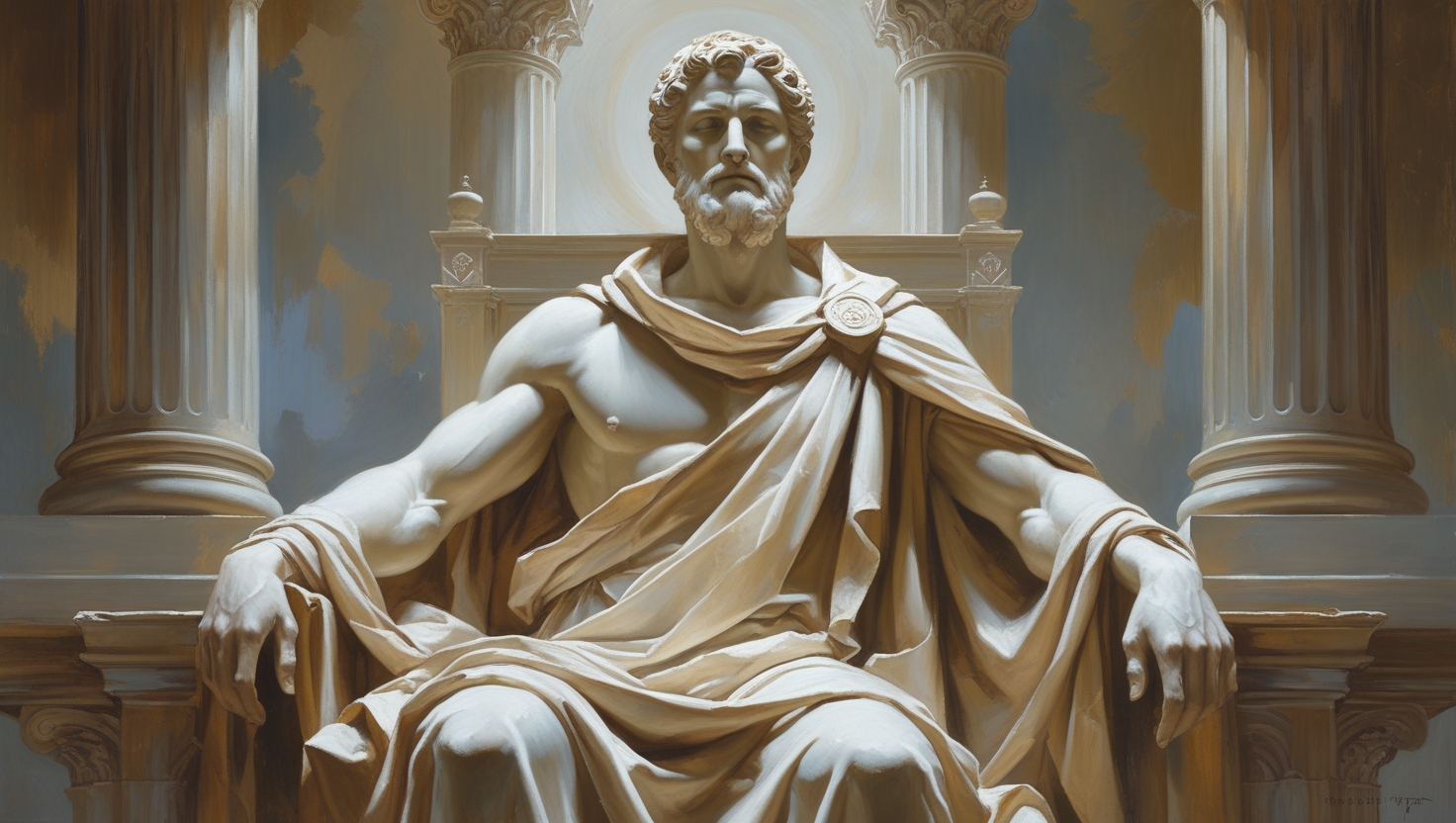In the annals of history, few figures stand as resolute and contemplative as Marcus Aurelius, the stoic philosopher-emperor of Ancient Rome. Renowned for his wisdom and introspection, Aurelius grappled with the challenges of leadership and the complexities of human existence during a time of immense upheaval and turmoil. In this article, we delve into the solitude of Marcus Aurelius as portrayed by Aldo Dinucci, shedding light on his profound insights and enduring legacy.
Marcus Aurelius reigned as Emperor of Rome from 161 to 180 AD, a period marked by external threats, internal strife, and the weight of governing an empire in flux. Amidst the chaos and demands of his role, Aurelius found solace in solitude, turning inward to explore the depths of his own mind and the nature of existence itself.
Aldo Dinucci, in his reflections on Aurelius, invites us to contemplate the emperor’s solitude not as a state of isolation, but as a deliberate practice of self-reflection and inner fortitude. In his seminal work, “Meditations,” Aurelius documented his thoughts and musings, offering timeless wisdom on topics ranging from virtue and resilience to mortality and the fleeting nature of life.
Dinucci highlights Aurelius’ unwavering commitment to stoic philosophy, a school of thought that emphasizes the importance of reason, virtue, and acceptance of the natural order. Through his writings, Aurelius implores readers to embrace the challenges of life with equanimity, recognizing that true fulfillment lies not in external circumstances, but in the cultivation of inner peace and virtue.
The solitude of Marcus Aurelius, as interpreted by Aldo Dinucci, serves as a poignant reminder of the power of introspection and self-discovery. In a world consumed by noise and distraction, Aurelius’ example encourages us to carve out moments of quiet contemplation, where we can confront our fears, clarify our values, and find solace in the present moment.
Moreover, Aurelius’ solitude underscores the importance of leadership grounded in wisdom and empathy. Despite the immense pressures of his position, Aurelius remained steadfast in his commitment to virtue, seeking to govern with compassion and integrity. His example reminds us that true leadership requires not only strength and resolve, but also humility and a deep sense of humanity.
In conclusion, the solitude of Marcus Aurelius, as elucidated by Aldo Dinucci, offers valuable lessons for navigating the complexities of life with grace and resilience. Through introspection and self-awareness, we can cultivate the inner strength needed to face adversity with courage and wisdom. In embracing Aurelius’ teachings, we honor his legacy as a philosopher-emperor whose timeless wisdom continues to inspire and uplift generations.


